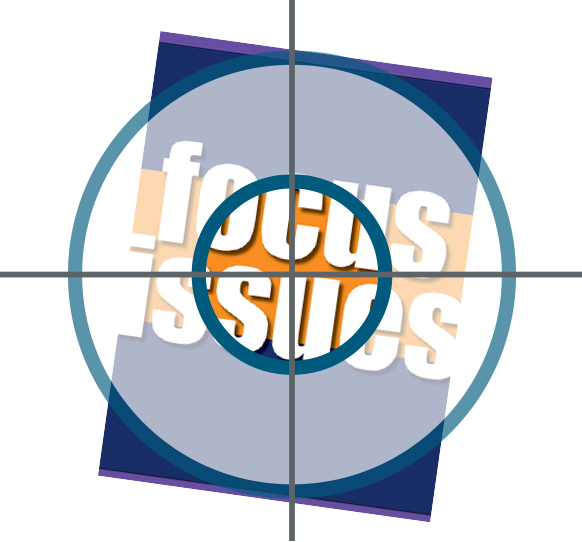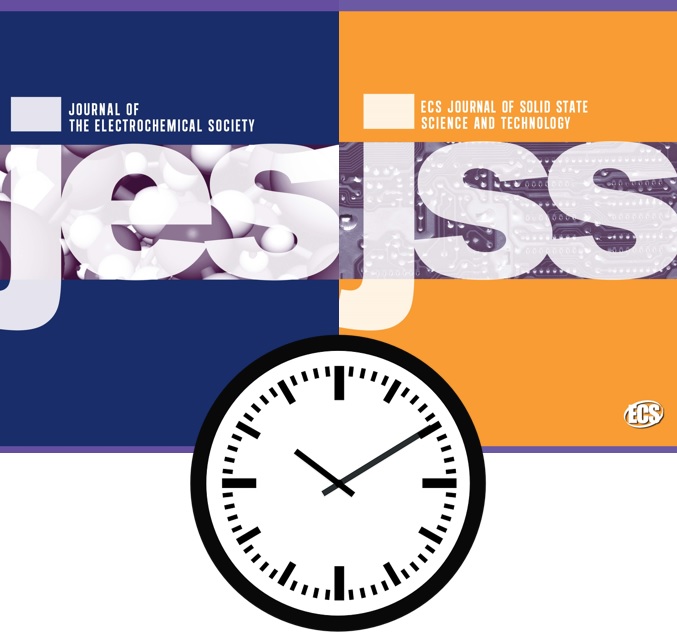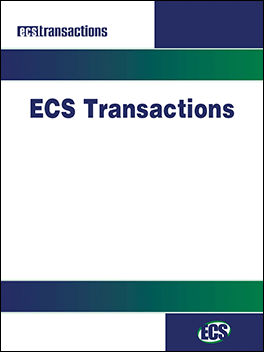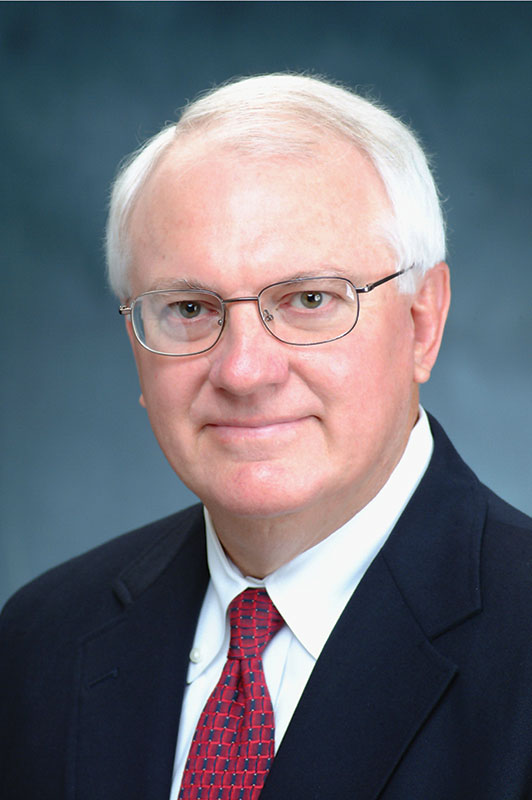 Deadline Extended: March 19, 2018
Deadline Extended: March 19, 2018
The “Semiconductor-Based Sensors for Application to Vapors, Chemicals, Biological Species, and Medical Diagnosis” focus issue of the ECS Journal of Solid State Science and Technology aims to cover various active or passive semiconductor devices for gas, chemical, bio and medical detection, with the focus on silicon, GaN, dichalcogenides/oxides, graphene, and other semiconductor materials for electronic or photonic devices.
The scope of contributed articles includes materials preparation, growth, processing, devices, chemistry, physics, theory, and applications for the semiconductor sensors. Different methodologies, principles, designs, models, fabrication techniques, and characterization are all included. Integrated systems combine semiconductor sensors, electric circuit, microfluidic channels, display, and control unit for real applications such as disease diagnostic or environmental monitoring are also welcome.


 In a recent survey of over 100 corresponding authors who published in ECS journals, over 55% of respondents said the speed from initial manuscript submission to publication was faster than expected, and nearly 25% said it was very fast.
In a recent survey of over 100 corresponding authors who published in ECS journals, over 55% of respondents said the speed from initial manuscript submission to publication was faster than expected, and nearly 25% said it was very fast. Twelve new issues of ECS Transactions have just been added to the ECS Online Store for pre-order.
Twelve new issues of ECS Transactions have just been added to the ECS Online Store for pre-order.
 Charles L. Hussey is Associate Dean for Research and Graduate Education in the College of Liberal Arts at the University of Mississippi and professor of chemistry. He is a fellow of ECS and a recipient of the Society’s Max Bredig Award in Molten Salt and Ionic Liquid Chemistry. His scientific research with molten salts/ionic liquids has been directed at the electrochemistry and spectroscopy of d- and f-block elements, the electrodeposition of aluminum and corrosion-resistant aluminum-transition metal alloys, the electrodissolution of metals and alloys, and the electrochemical processing of spent nuclear fuel. Hussey was recently reappointed as technical editor of the
Charles L. Hussey is Associate Dean for Research and Graduate Education in the College of Liberal Arts at the University of Mississippi and professor of chemistry. He is a fellow of ECS and a recipient of the Society’s Max Bredig Award in Molten Salt and Ionic Liquid Chemistry. His scientific research with molten salts/ionic liquids has been directed at the electrochemistry and spectroscopy of d- and f-block elements, the electrodeposition of aluminum and corrosion-resistant aluminum-transition metal alloys, the electrodissolution of metals and alloys, and the electrochemical processing of spent nuclear fuel. Hussey was recently reappointed as technical editor of the  Two new volumes of ECS Transactions (ECST) have just been published.
Two new volumes of ECS Transactions (ECST) have just been published.